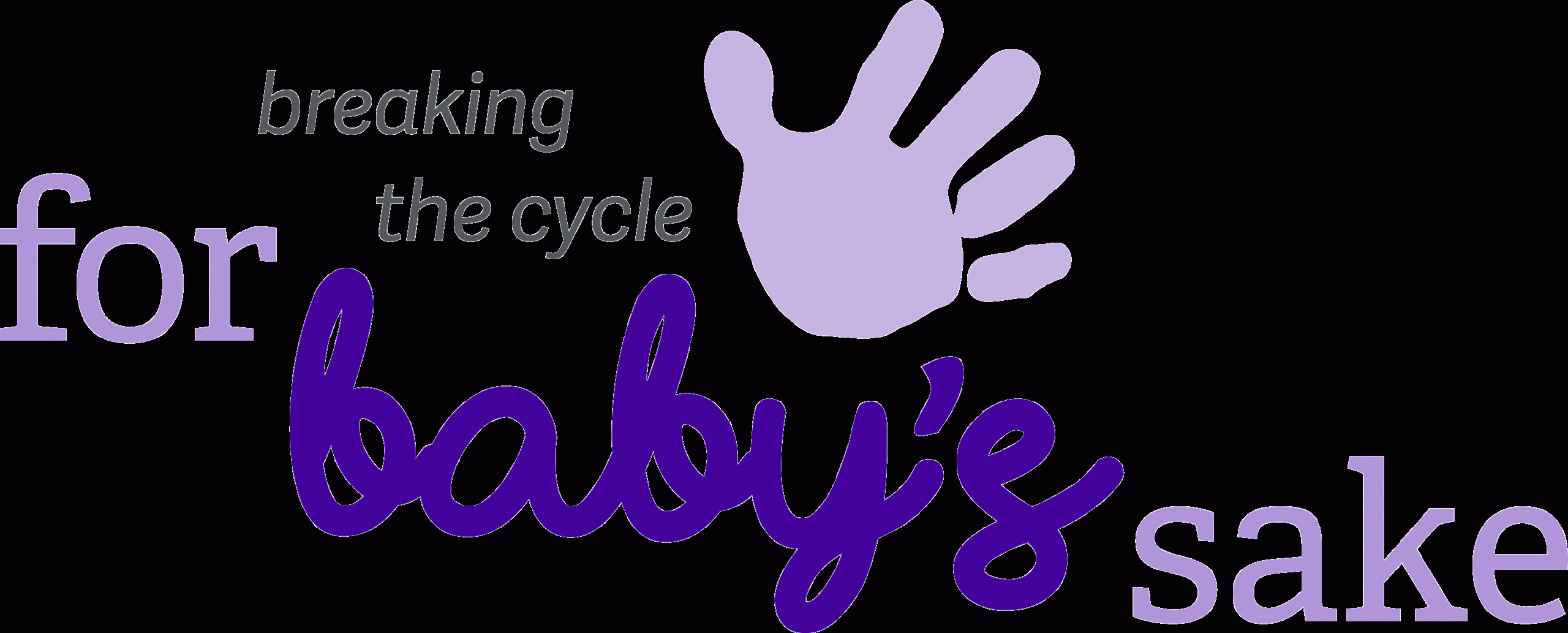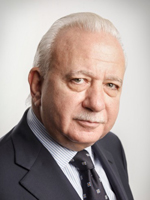Article in The Times about Stelio Stefanou and his fantastic charity For Baby’s Sake
Praise those who work without fear or favour
Philanthropist’s selfless campaigning has put welfare of babies on the political agenda this week
Trevor Phillips
Monday January 25 2021, 12.01am, The Times
Lockdown has frozen most of us into what the philosopher John Gray memorably called “the stilled life”. Thus it is possible for a moment to look away from the raucous finger-pointing of Westminster and to remember that there were evils with us all before Covid-19 that will plague us long after. And that, occasionally, partisanship can still be set aside, especially when politics and philanthropy pause the grubby scramble for personal advantage and combine to do some good.
Today the House of Lords turns its attention to the Domestic Abuse Bill. We do not yet know exactly what toll the past year has taken on family life, but professionals say that domestic conflict, much of it hidden from the official gaze, has risen unabated. Thirty per cent of abuse starts during pregnancy; up to three in five women victims face it before giving birth. Yet research for the First 1001 Days movement, a campaign group, found that last spring half of all relevant professionals withdrew some vital services and one in six ceased in-person contact completely. Cruelty is going undetected, babies are unprotected.
Worried by what campaigners call “baby blind spots”, a group led by the Conservative peer Baroness Stroud, Labour’s Baroness Armstrong of Hill Top and the crossbencher Baroness Watkins of Tavistock are introducing a short amendment to make support from conception to two years old a priority.
Much of the impetus for this movement comes from For Baby’s Sake, a small charity that is revolutionising work with children. Its pilot schemes have shown that we need to worry as much about what goes on around a child and its parents as what happens to the child itself; stress in those first days shows up in adulthood. Work by James Heckman, the Nobel prizewinning economist, makes clear that interventions in the first 1001 days from conception are by far and away the best investment to ensure better outcomes in health, education and employment.
This is expensive work and local authorities tend to park it in the “tomorrow” box. Without the backing of one very wealthy couple babies would be going unheard in this debate. Stelio and Susie Stefanou have, over the past decade or so, ploughed millions into For Baby’s Sake, annually donating more than the average Times reader will take home in a lifetime. They have no children of their own, and no experience of abuse themselves. Stelio is retired, so there are no business benefits to be reaped. But for some people, the question “what’s in it for me” just doesn’t seem to be in the lexicon.
Stelio and I met 50 years ago, on our first day at university. His Greek-Cypriot parents had been compelled to close their shop in Egypt, where he was born, in the wake of the Suez crisis and start again in London. Both fish out of water among people who introduced themselves partly by the name of the public schools they’d attended, Stelio and I rolled our eyes and made friends.
After a year, his father’s illness forced him to drop out to help his mother run the family deli and we lost touch for a couple of decades. It took a chance encounter at a charity fundraiser for me to clock that my modest, unassuming college pal had become one of Britain’s wealthiest men. His business, providing roads maintenance, sanitation and back-room services for local authorities, had grown by paying workers better and making them more productive.
He thought like a scientist; his attention to detail was legendary. Cleverly noting that drivers tended to toss rubbish out of windows just before they joined the motorway, he erected strategically placed bins with targets above them. Male motorists loved the challenge of hitting the mark with their cans and bottles. Less to clear for the crews, lower costs, higher profits. Gentlemen do not ask each other how much they are worth, but even after having put aside 20 per cent of the proceeds for his former employees, he must have banked something north of £100 million when he sold his business 12 years ago.
Stelio succeeded by solving problems no one else much cared about or wanted to touch. He now says that he wants to spend his money on those who do not have a voice. What he really means is that someone needs to work with people, young and old, who routinely vomit and urinate on their carers, who are unlikely ever to thank their benefactor and about whom no warm and uplifting stories of redemption and recovery can be told.
Maybe one of the reasons lies in the experience familiar to people from minority backgrounds of being listened to but not heard. We used to laugh about the fact that one of our classmates got so fed up with having to spell out his rather unexceptional Indian name to people that he simply reduced it to “Tom”. Today we exchange stories about people disappointed that I am not the bloke who used to read out the news, and that they can’t cadge a free no-frills flight off him.
Typically of the Labour Party’s gratitude, it managed to give a knighthood to a Monaco-based tycoon with a similar Greek name, who used to lose your luggage and spent ten years in dispute with his own company, yet overlooked a man who pays his taxes in Hertfordshire, kept the roads clean for Labour councils and gave a massive chunk of his own money to the workers.
When their Lordships come to consider the three peers’ proposal this week, they might bear this in mind. Knowing the man as I do, he won’t give a fig about the title. But doing the right thing by Britain’s babies would mean the world to him.


